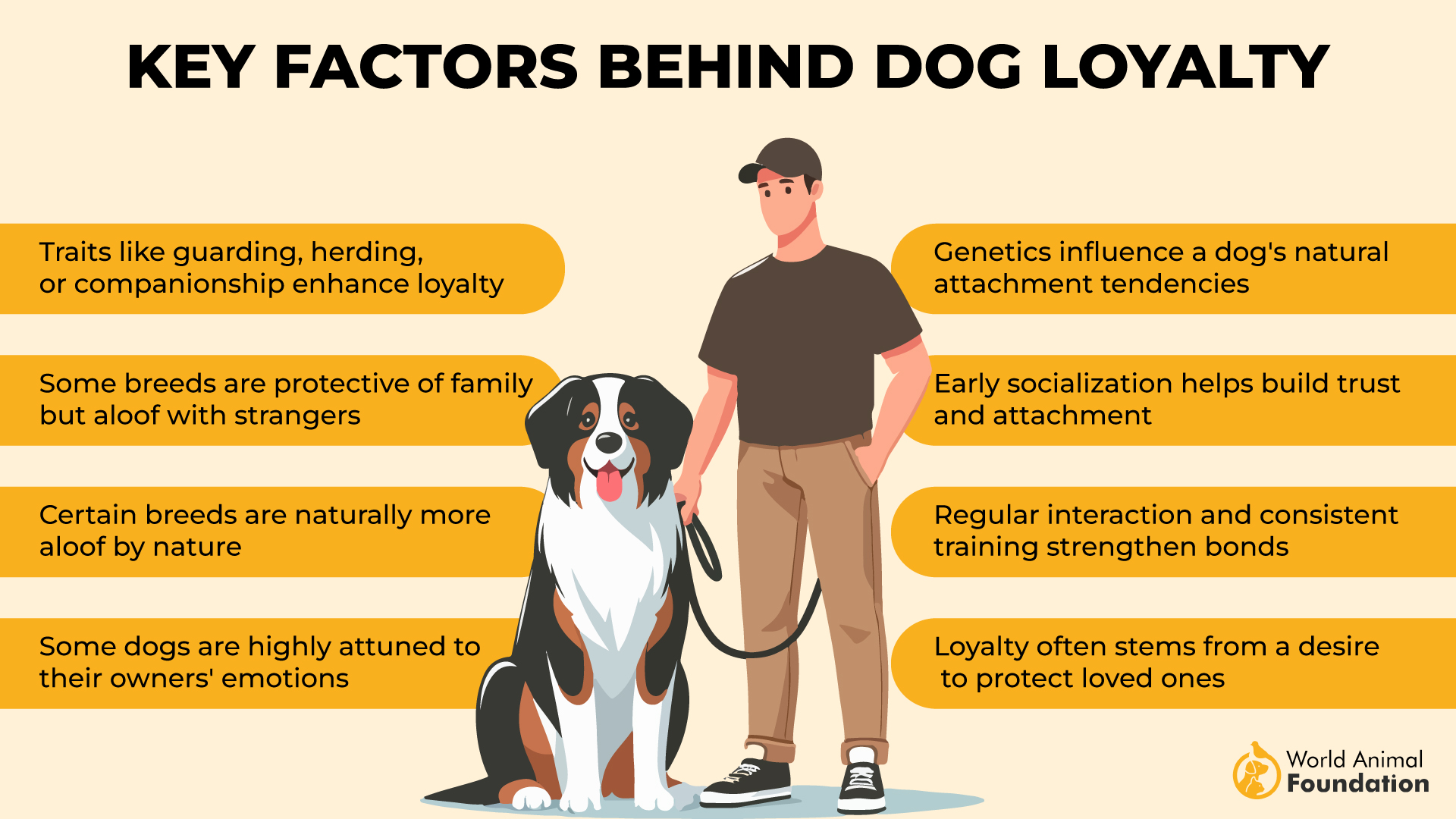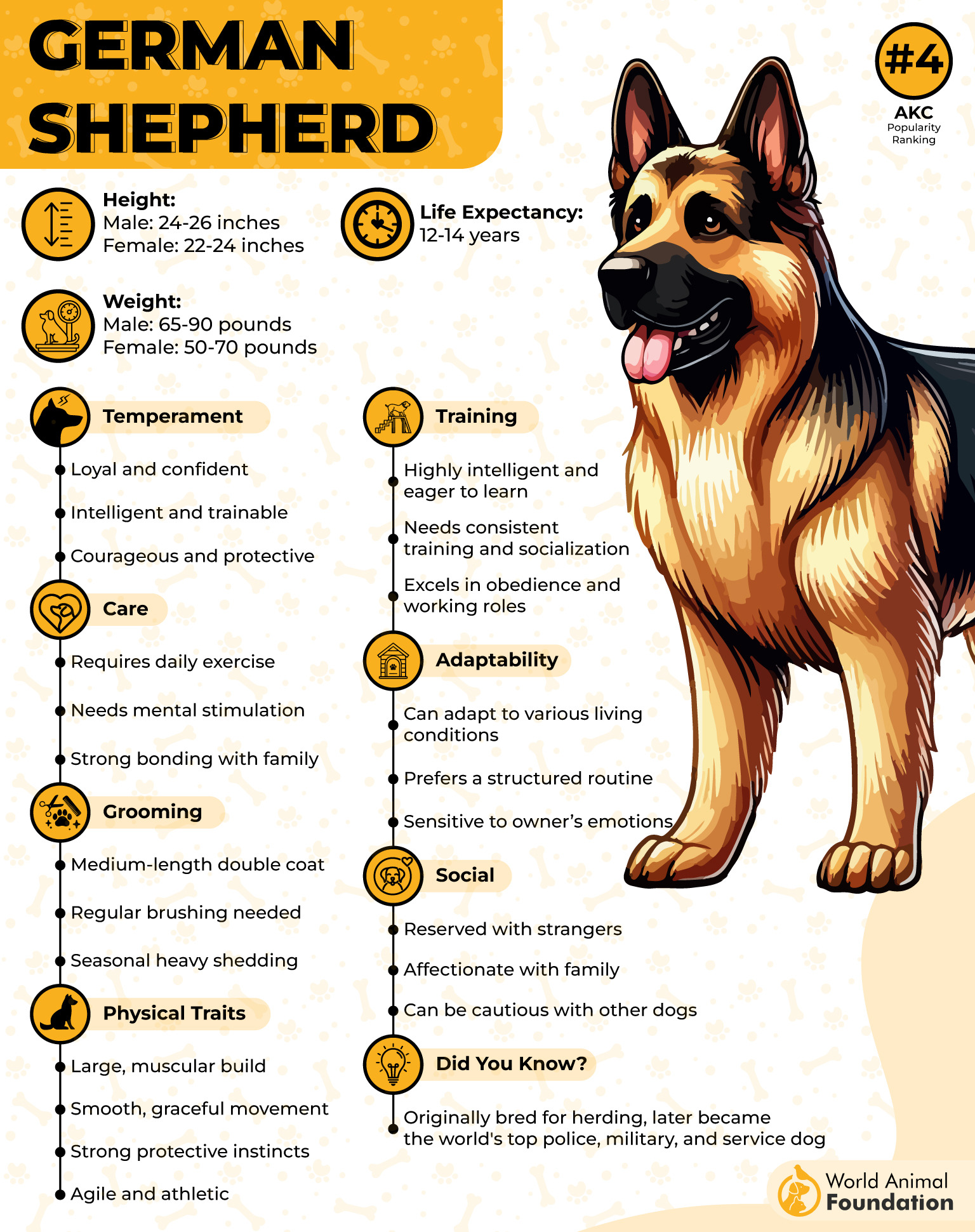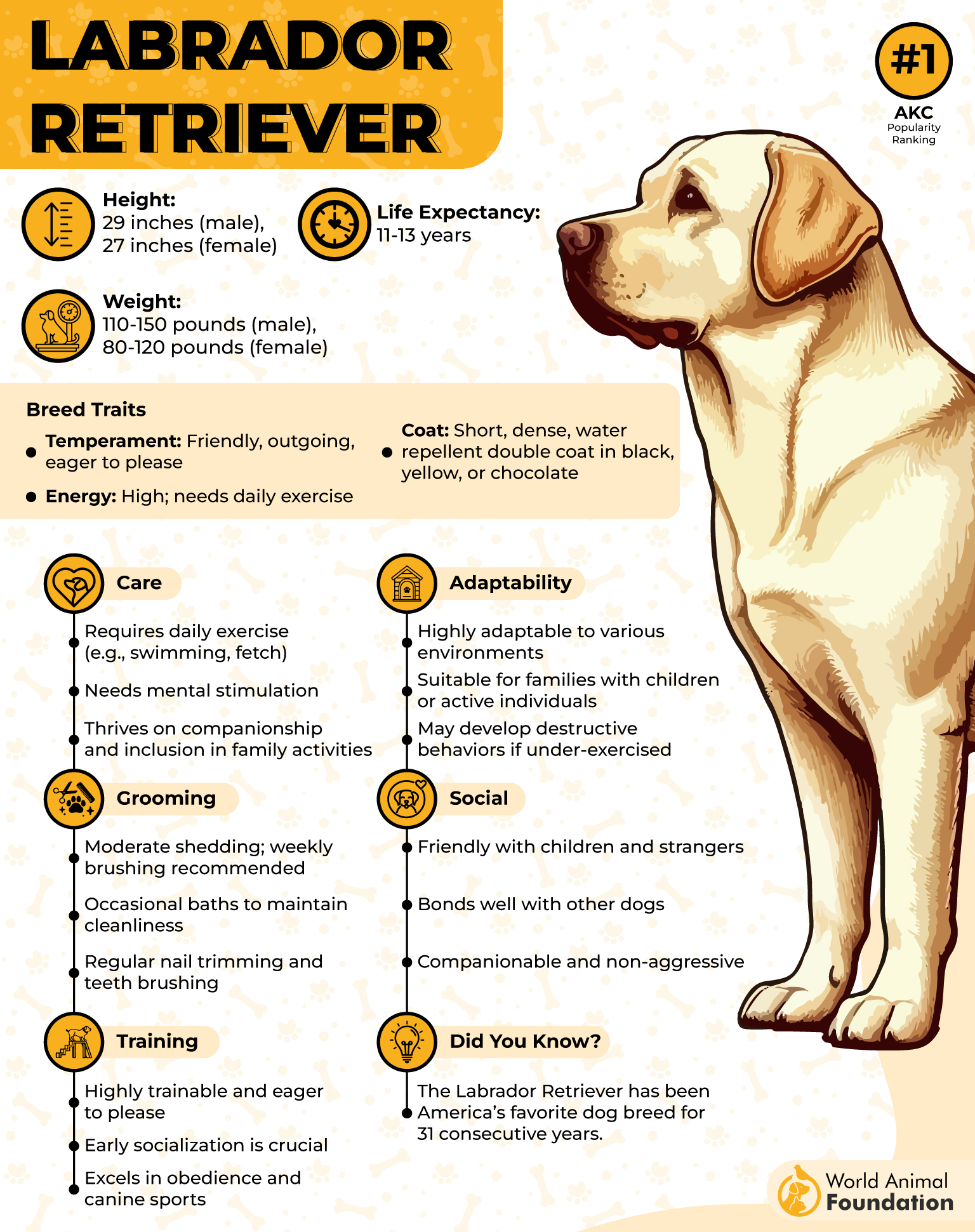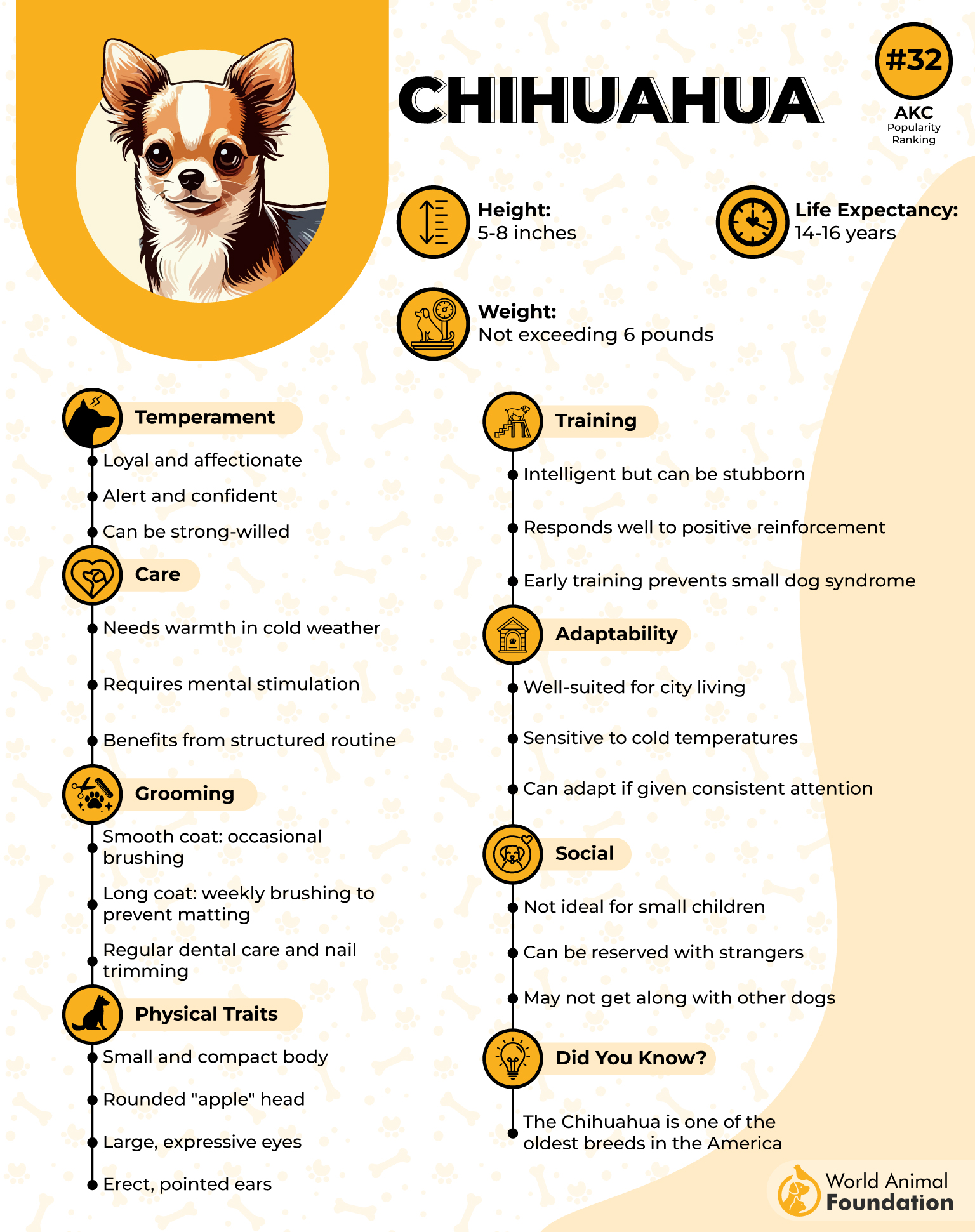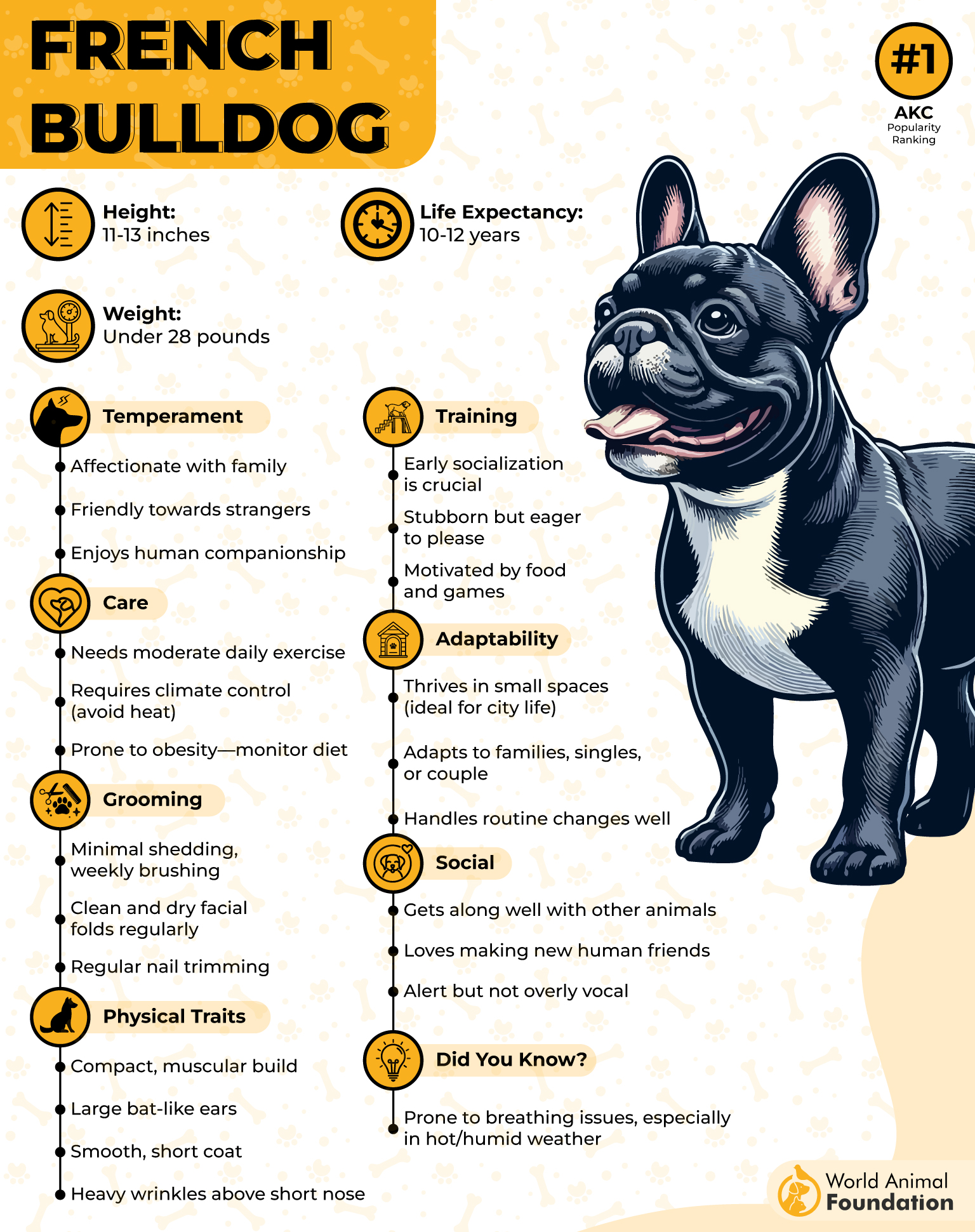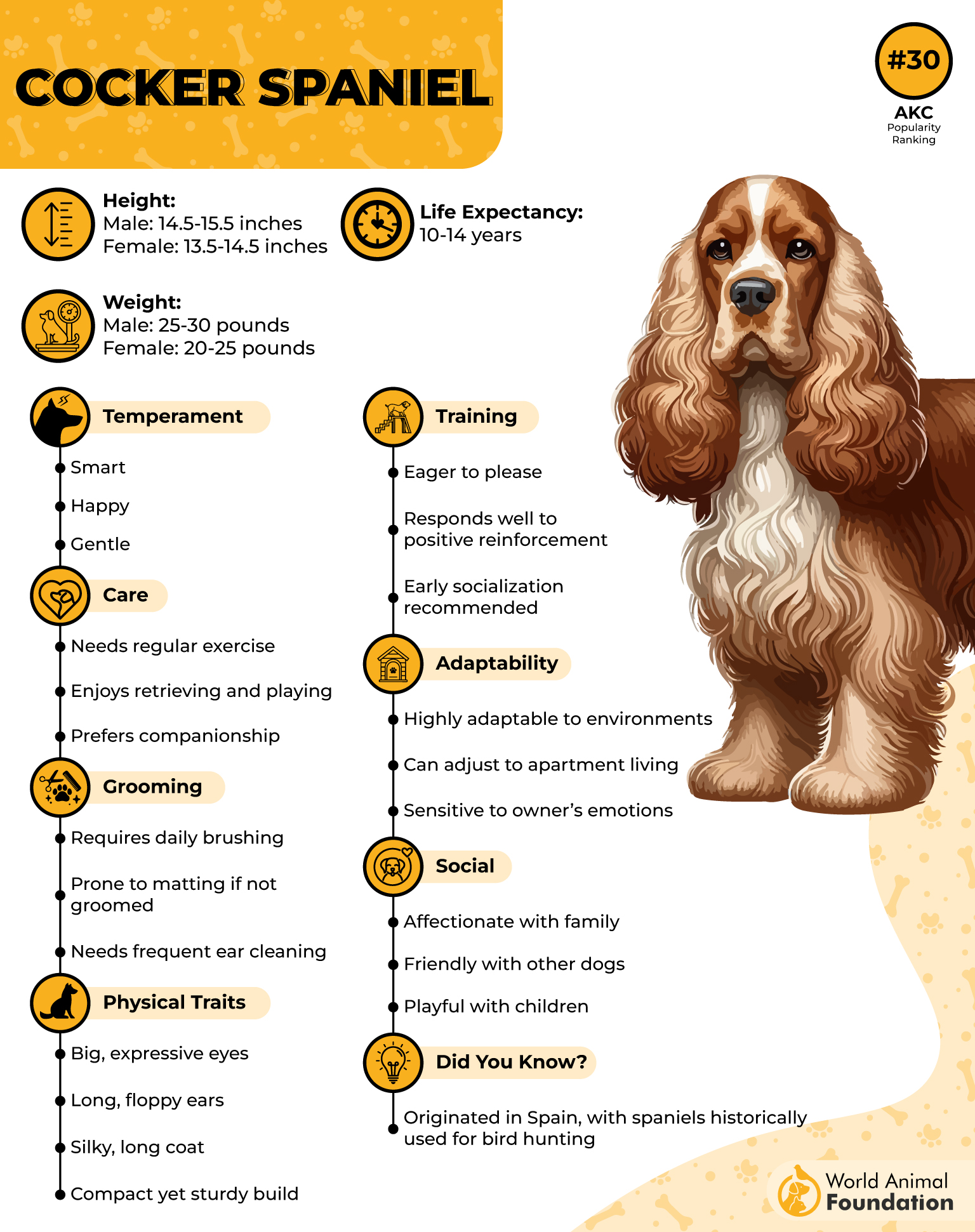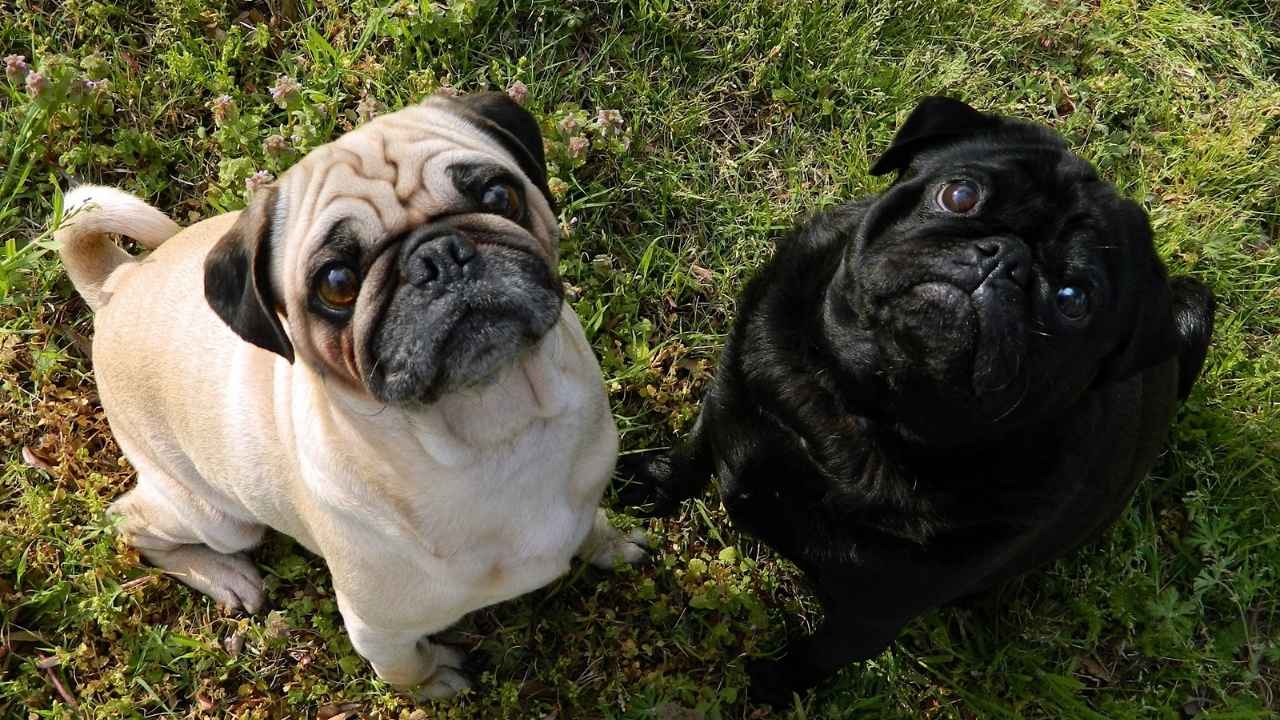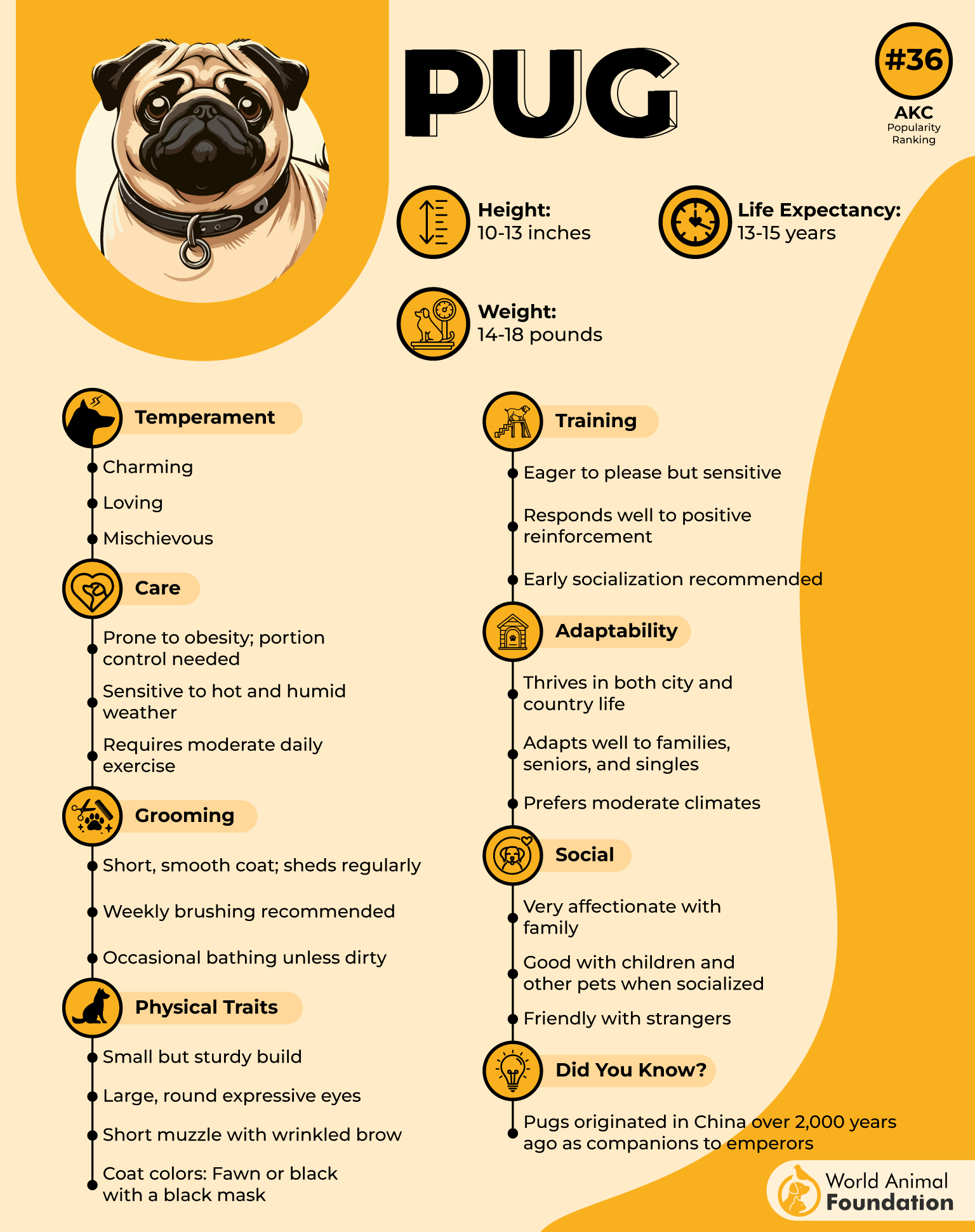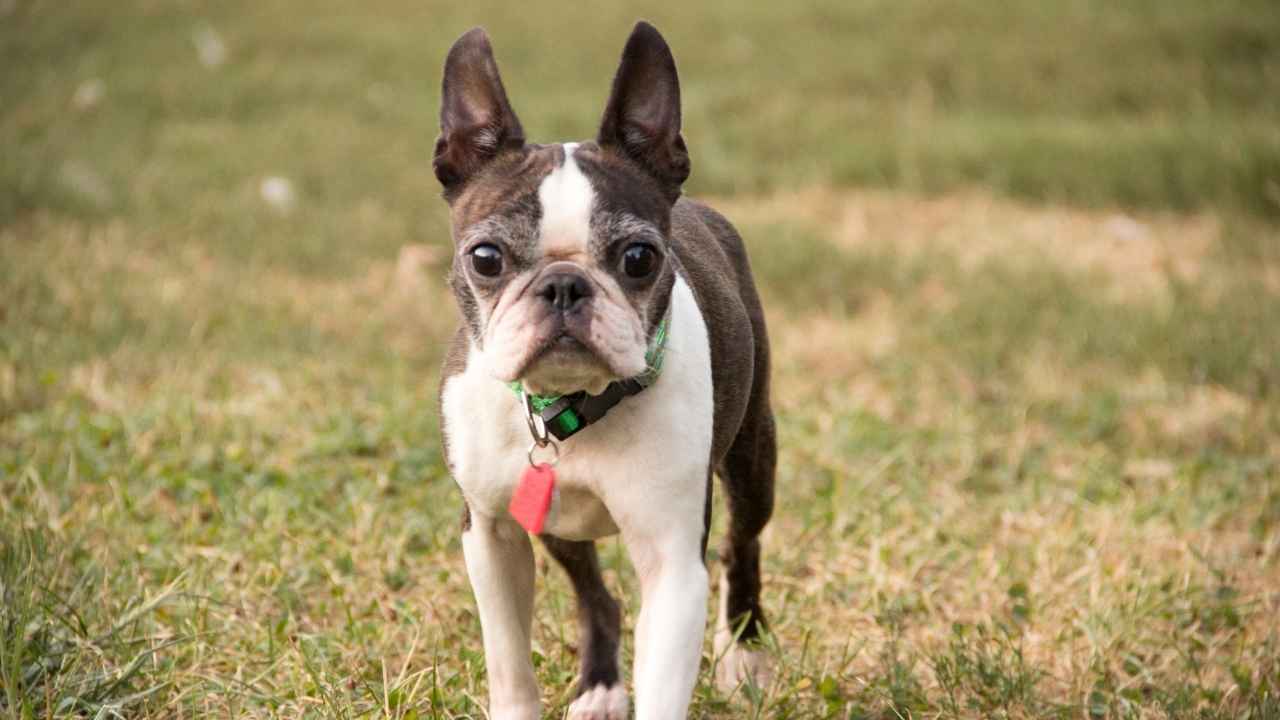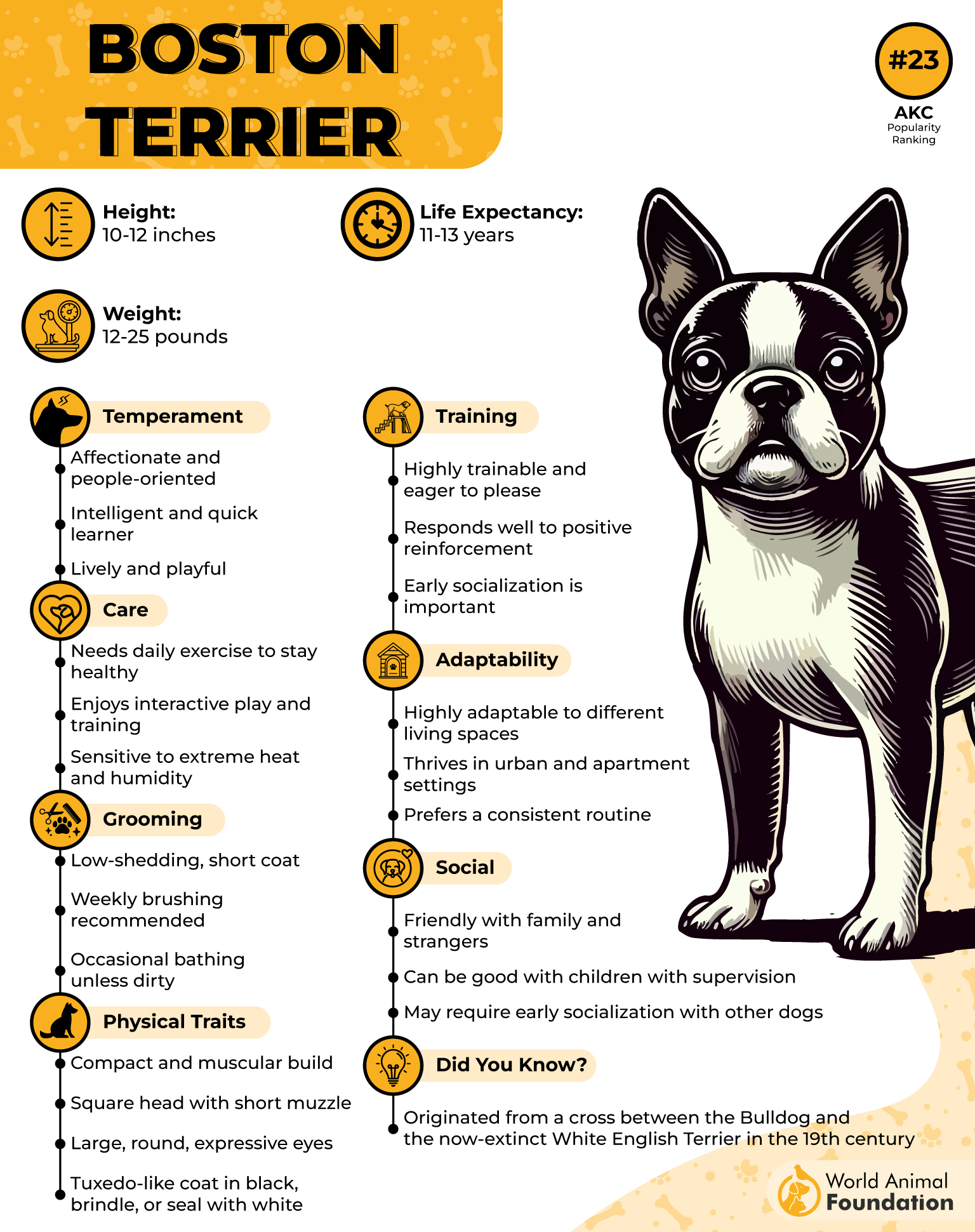Dogs are often celebrated for their loyalty and companionship, but some breeds take devotion to an entirely different level, wearing their hearts on their furry sleeves in the form of jealousy. If you’ve ever felt the piercing gaze of a canine companion silently vying for your attention, you might have encountered one of the breeds known for their strong attachment and occasional jealousy. These seven dog breeds are notorious for their desire to be the center of your world, leaving no room for dull moments. Discover which pups are most likely to stake a claim to your affection and why their love, though demanding, is utterly rewarding.
Ever noticed your dog suddenly squeezing between you and someone else? Or barking for attention when you pet another pup? Some dogs take jealousy to the next level—demanding affection, following their owners everywhere, and even acting out when they feel left out.
Just like humans, dogs can feel possessive over their favorite people. A study from UC San Diego found that dogs show clear signs of jealousy when their owners interact with another pet. But while all dogs love attention, certain breeds are extra clingy and struggle with sharing.
So, which dogs are the most jealous and why? Let’s explore the top seven neediest breeds that crave your undivided attention.
Did You Know? Dogs exhibit jealousy similar to toddlers, displaying behaviors like pushing, barking, and even pouting when they feel left out!
Most Jealous Dog Breeds
1. German Shepherd
Quick Facts:
- Known for: Intelligence, loyalty, protective nature
- Ideal for: Active families, working roles, companionship
- Temperament: Confident, alert, deeply attached to owners
German Shepherds are among the most popular dog breeds, but their intense loyalty often makes them prone to jealous behaviors. These intelligent dogs form deep emotional bonds with their dog parents and struggle with sharing attention. When they feel neglected, their protective instincts heighten, making them more possessive than other breeds.
Many dog owners notice their German Shepherd acting out when a new pet or baby enters the home. This breed thrives on structured routines, and sudden changes can trigger clingy or territorial behaviors. A lack of mental stimulation or extended time alone can also make them feel insecure.
Their jealous behaviors often include nudging, whining, or blocking their owner from interacting with others. Some may even become destructive—chewing furniture or barking excessively to regain attention. Their high intelligence means they’re aware of shifts in affection, making them extra sensitive.
This jealousy can impact their training, as frustration may lead to stubbornness or defiance. Dog parents should maintain consistent leadership, as German Shepherds respond best to firm yet positive reinforcement techniques. Training them early on to accept new situations can prevent behavioral issues.
To manage jealousy, mental stimulation is key. Activities like obedience training, puzzle toys, and agility exercises can redirect their focus. Socializing them with other dogs from an early age also helps, ensuring they grow into confident, well-adjusted companions.
2. Labrador Retriever
Quick Facts:
- Known for: Friendly nature, outgoing personality
- Ideal for: Families, therapy work, active lifestyles
- Temperament: Gentle, affectionate, people-oriented
Labrador Retrievers are known for their affectionate nature, but their deep attachment to their furry friend or owner can sometimes lead to dog’s jealousy. Labs thrive on human interaction, so when they sense a shift in attention, they may become needy or overly clingy. Their love for companionship makes them sensitive to any changes in the household dynamic.
Jealousy in Labs often surfaces when a new pet or family member arrives. These dogs are highly social, but they can struggle with sharing attention, especially if they were once the center of their owner’s world. Inconsistent affection or a sudden lack of engagement can trigger sulking or attention-seeking behaviors.
Unlike breeds prone to aggressive behavior, Labs express their jealousy in more playful ways—excessive tail wagging, pawing, or nudging their owner. Some may carry around objects or toys to divert attention back to them. However, if ignored for long periods, they can resort to destructive chewing or whining.
Their training can be impacted if their jealousy isn’t addressed early on. Labs are eager to please, but frustration may cause them to ignore commands or become overly excitable as Petplan stated. Since dogs stand to benefit from routine and structure, maintaining clear expectations helps curb their possessiveness.
The best way to manage jealousy in Labs is by ensuring they get enough mental and physical stimulation. Regular playtime, puzzle games, and obedience training can prevent them from feeling left out. Socializing them with other pets and other friendly breeds also helps reinforce positive behavior, keeping them happy and well-adjusted.
3. Chihuahua
Quick Facts:
- Known for: Bold personality, strong attachment to owners
- Ideal for: Apartment living, single-person households
- Temperament: Loyal, feisty, affectionate
Despite their tiny size, Chihuahuas have a big personality, often forming deep bonds with their owners. Their devotion can trigger jealousy if they feel replaced or ignored. Since they thrive on attention, any shift in affection can lead to clingy behavior, making them one of the most possessive breeds in the animal kingdom.
Common jealousy triggers include new pets, unfamiliar visitors, or even excessive screen time from their owners. Unlike other social animals, Chihuahuas often prefer one-on-one attention, so they may act out when they feel left out. Sudden changes in routine or inconsistent affection can make them extra needy.
Chihuahuas express jealousy in unique ways, such as whining, pawing, or even nipping to regain attention. Some may refuse to leave their owner’s lap or bark excessively when someone else gets too close. Their small stature doesn’t stop them from acting like fierce protectors when they feel their bond is threatened.
This jealousy can affect their training, making them stubborn or resistant to new commands. While they’re intelligent, their feisty nature can lead to selective listening. Addressing these behaviors early is crucial to prevent long-term possessiveness.
To address jealousy, consistent boundaries, positive reinforcement, and early socialization are key. Since they are highly sensitive, offering reassurance while maintaining structure helps them feel secure. Exposing them to different environments and rewarding calm behavior ensures they stay balanced and happy.
4. French Bulldog
Quick Facts:
- Known for: Playful charm, affectionate personality
- Ideal for: Apartment living, companionship
- Temperament: Friendly, easygoing, attention-loving
French Bulldogs adore being the center of their owner’s world. Their deep attachment makes them a jealous pooch when they feel neglected. Because they crave constant companionship, any shift in attention can leave them feeling insecure, especially in multi-pet households.
Introducing a new dog or even a new pup can spark their jealousy. They’re used to being spoiled, so sharing their human affection isn’t always easy. A lack of equal attention can make them sulky, leading to stubborn or clingy behavior.
Unlike some breeds that act out aggressively, Frenchies tend to sulk, whine, or nudge their owners for reassurance. Some may even refuse to leave their favorite spot on the couch, making their displeasure known through dramatic sighs and side-eye glances.
This possessiveness can make training tricky, as they might resist sharing space or following commands when feeling left out. Without consistent training, their stubborn streak can become an obstacle, leading to selective listening and attention-seeking behaviors.
To manage their jealousy, offering structured routines and positive reinforcement is key. Ensuring each pet gets equal attention while setting clear boundaries prevents rivalry. Simple training tips, like rewarding calm behavior and maintaining a stable routine, help Frenchies feel secure and included.
5. Cocker Spaniel
Quick Facts:
- Known for: Gentle nature, affectionate personality
- Ideal for: Families, active owners
- Temperament: Loyal, sensitive, people-oriented
Cocker Spaniels form deep emotional bonds with their families, making them prone to jealousy when they feel left out. Their undying loyalty means they always want to be by their owner’s side, and any disruption in routine can leave them feeling insecure and overlooked.
Bringing home a new puppy or introducing other members to the household can trigger their jealousy. They thrive on familiarity, so a new partner moving in may make them feel like they have to compete for love and attention, leading to clingy behavior.
Their jealousy often shows through needy behavior—pawing at their owner, whining, or even squeezing themselves between their human and others. Some might act out by ignoring commands or refusing to interact, making their feelings of exclusion clear.
This emotional sensitivity can impact training. If they sense their owner’s attention is divided, they may become stubborn or sulky. They respond best to positive reinforcement, but inconsistency in handling their emotions can lead to long-term behavioral issues.
To prevent jealousy from escalating, structured routines and reassurance are key. Giving them quality time, reinforcing positive behavior, and gradually introducing changes in their environment can help them feel secure and valued without acting out.
6. Pug
Quick Facts:
- Known for: Playful spirit, charming personality
- Ideal for: Apartment living, affectionate families
- Temperament: Loyal, mischievous, social
Pugs have an intense sense of loyalty, which can sometimes turn into jealousy when they feel they’re not getting enough attention. These little companions form strong bonds with their owners and may struggle with sharing affection, making them prone to clinginess as mentioned in Orvis.
New additions to the house, whether it’s another pet or a baby, can stir up their possessiveness. If they notice a shift in routine or a decrease in playtime, their jealousy might surface, leading to attention-seeking behaviors like nudging or whining persistently.
A jealous Pug won’t hesitate to let their feelings be known. Some may bark excessively, while others might refuse to leave their owner’s side. In some cases, they’ll even block other pets or people from getting too close, demanding all the love for themselves.
This jealousy can make dealing with training tricky, as Pugs can become stubborn when they feel neglected. Their playful nature makes them eager learners, but if they sense unfair treatment, they may refuse to follow commands or sulk in protest.
To keep their jealousy in check, structured attention is key. Ensuring they receive plenty of one-on-one time, reinforcing positive behaviors, and maintaining a consistent routine will reassure them. A happy, secure Pug is far less likely to act out for attention.
7. Boston Terrier
Quick Facts:
- Known for: Spirited personality, affectionate nature
- Ideal for: Active families, city living
- Temperament: Playful, intelligent, loyal
Boston Terriers have a deep attachment to their humans, which can make them overly possessive at times. Their protective instincts kick in when they sense their owner’s attention shifting, making them prone to jealousy if they feel overlooked.
Bringing a new pet into the home or spending time with other family members can make them feel insecure. If they believe they’re not getting more attention than before, they may start acting out just to reclaim their place as the center of your world.
When jealousy takes over, a Boston Terrier might respond by barking excessively, pushing between their owner and the “threat,” or even sulking in a corner. Some may resort to playful yet persistent nudging to remind you they’re still present and waiting for cuddles.
Their stubborn streak can make training a challenge when jealousy creeps in. While they’re intelligent and eager to please, they may refuse to listen if they feel ignored, making consistency and patience key in their training routine.
To keep their jealousy in check, regular socialization and engaging in activities are essential. Encouraging independence, setting clear boundaries, and rewarding positive behavior will help them feel secure without needing to constantly demand your affection.
Conclusion
Understanding jealousy in dogs helps build stronger relationships and reduce issues like resource guarding. Whether you have an American Pit Bull Terrier or a Golden Retriever, recognizing the signs early makes a difference.
Jealousy isn’t about misbehavior—it’s about their need for love and security. With patience, training, and equal attention, you can ensure your furry friend feels safe and valued. Every dog is unique, but with the right approach, they can overcome jealousy and thrive in a loving home.
In conclusion, while all dogs require love and attention, certain breeds are particularly known for their jealousy and need for constant companionship. The seven most jealous dog breeds identified include those with strong attachments to their owners, often displaying protective behaviors or vying for attention when feeling sidelined. Understanding the unique emotional needs of these breeds can enhance the bond between owner and pet, ensuring a harmonious relationship. Owners should be prepared to invest ample time for interaction, training, and socialization to manage their possessive tendencies effectively, ultimately fostering a well-adjusted and happy canine companion.


